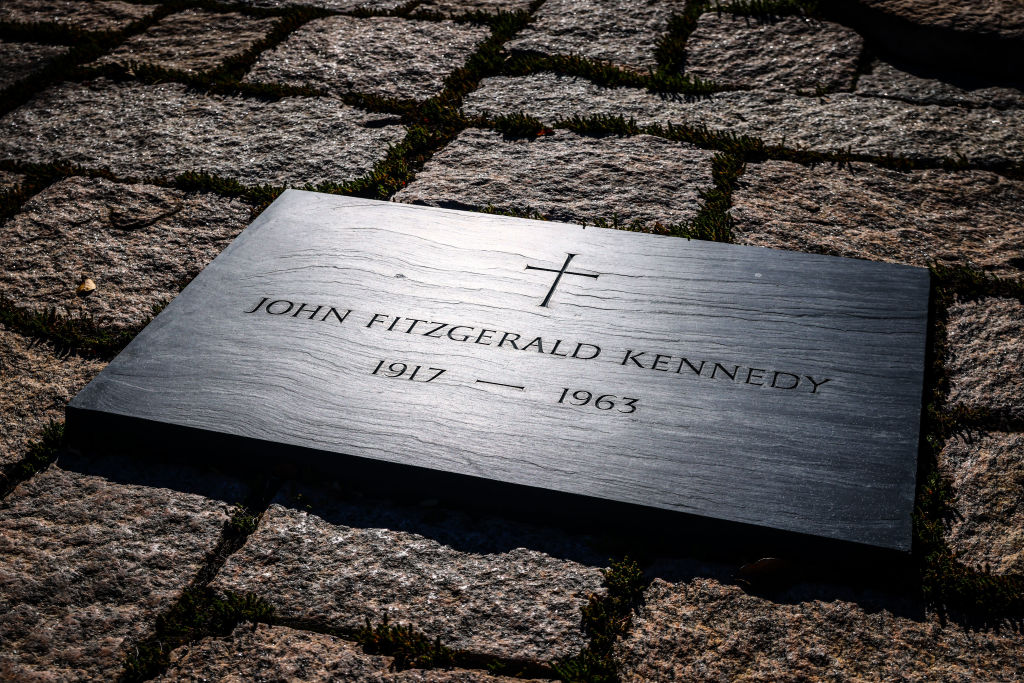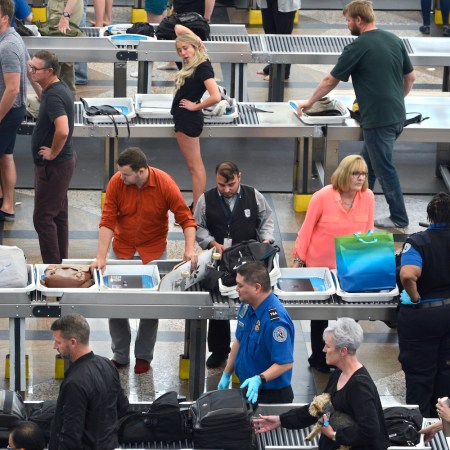Thirty years ago, a landmark law was passed pertaining to one of the most contentious moments in 20th century American history. That would be the President John F. Kennedy Assassination Records Collection Act of 1992, which resulted in the creation of a single archive dedicated to governmental records surrounding Kennedy’s death — which continues to inspire speculation and conspiracies nearly 60 years later.
Since 2017, a significant number of documents in the archive have been declassified — and this week brought with it the declassification of another 13,173 documents. This doesn’t mean that everything in the archives is available to peruse, however — as per the National Archives’ own press release, “over 97%” of the collection’s documents are available to be revisited.
That’s both a significant step forward and a figure that’s frustratingly close to 100% without actually being 100% for some observers.
One former chair of the Assassination Records Review Board, Judge John H. Tunheim, told NBC News that there was “just no justification for this,” referring to the continued presence of classified materials in the archives. As NBC notes, the records that are now available provide more information on Lee Harvey Oswald’s activities prior to Kennedy’s assassination, including time Oswald spent in Mexico City.
In CBS News’ analysis of the documents, some of the enduring redactions relate to the activities of the CIA. All of which suggests that the contentious debates over what actually took place on one tragic day in Dallas are unlikely to be settled by this new release of information.
Thanks for reading InsideHook. Sign up for our daily newsletter and be in the know.


















